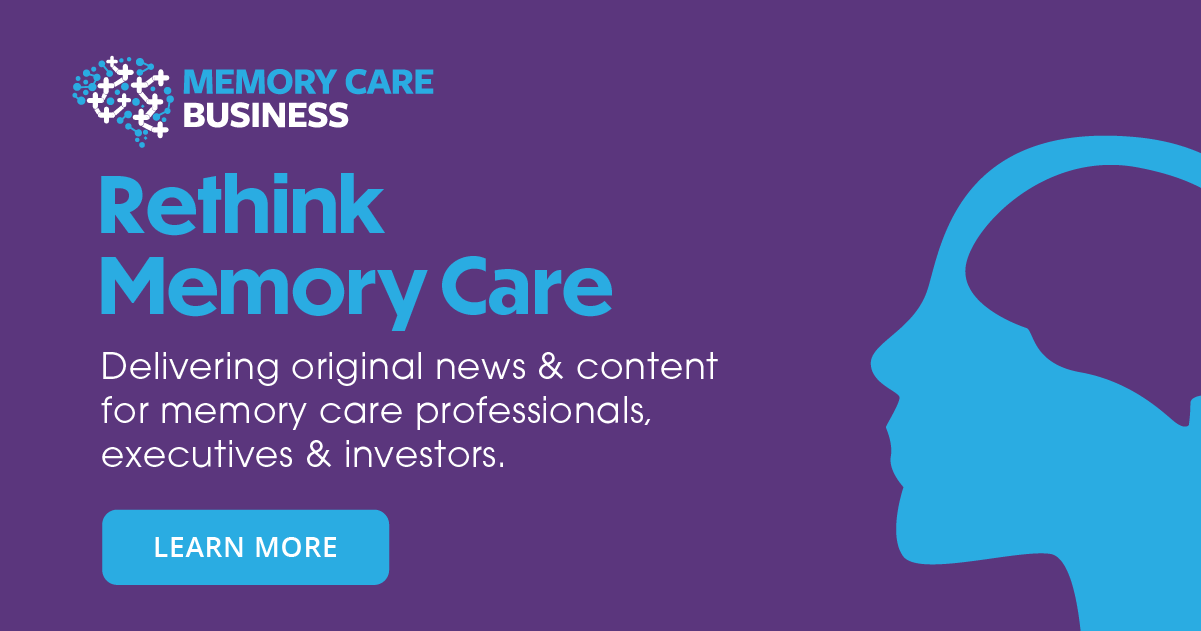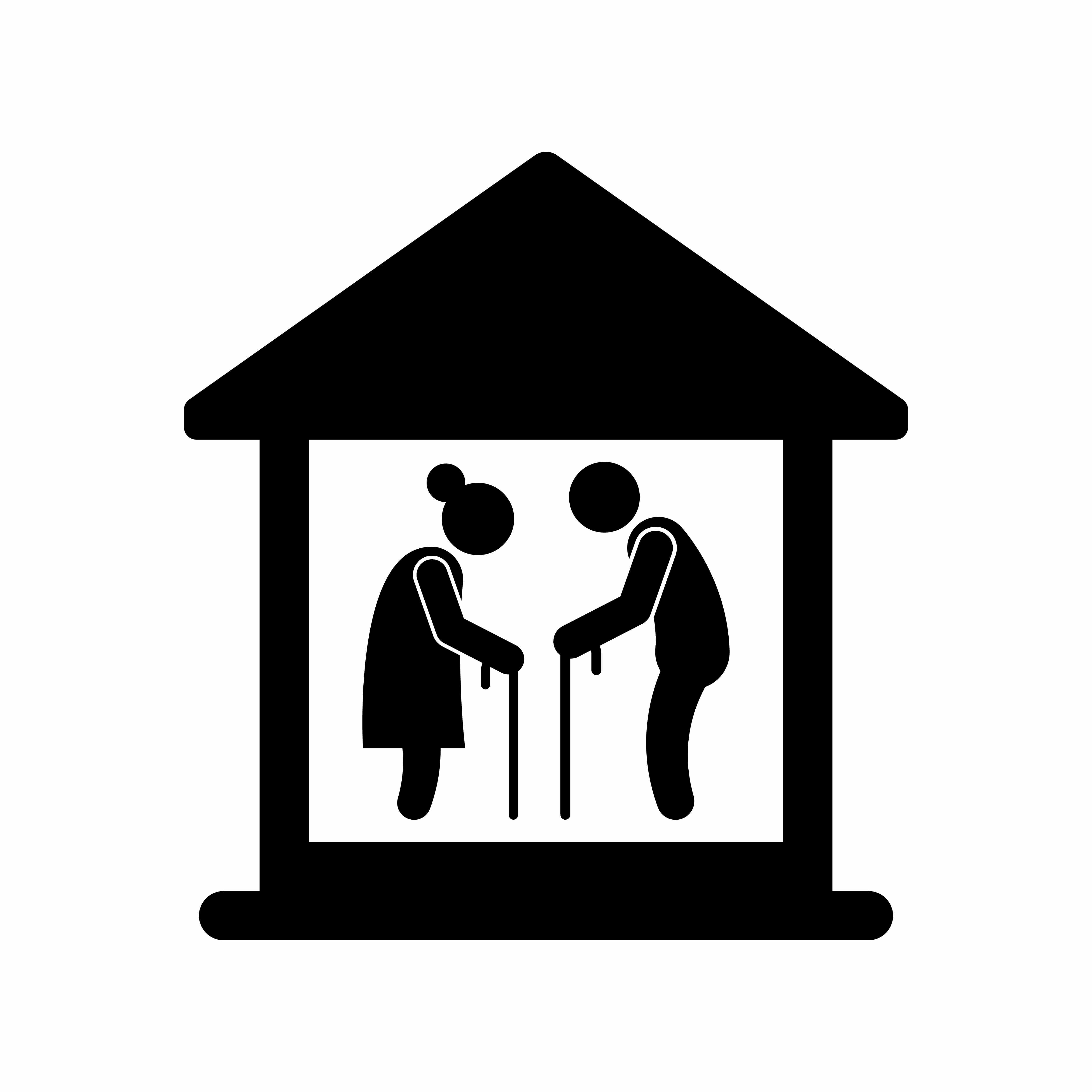Memory Care Provider Sees ‘unprecedented’ Opportunity In New Guide Model Partnership With Isaac Health

Nonprofit senior living operator Episcopal SeniorLife Communities has formed a partnership with brain health provider Isaac Health to expand its dementia care offerings as the organization continues on its rollout of the CMS Guiding an Improved Dementia Experience (GUIDE) model.
The partnership will expand the Rochester, New York-based senior living provider’s reach to serve more older adults living with dementia in the greater Rochester metropolitan area with Isaac Health’s telehealth platform and access to virtual dementia care services from neurologists, psychiatrists and therapists.
There are over 426,000 people living with dementia in New York with caregivers providing 879 million hours of unpaid care, according to the Alzheimer’s Association Rochester and Finger Lakes Region chapter. This comes as over 11% of residents over 65 in Monroe County, the county in which the City of Rochester is located, have Alzheimer’s disease, data from the association shows.
Across nine senior living campuses across upper New York state, ESLC serves over 1,500 older adults. Even with 600 staff and volunteers, the organization saw current demographic shifts at-hand and shifted strategy to provide more dementia care offerings.
‘Unprecedented’ opportunity to expand services
The GUIDE model is an “unprecedented” opportunity to reach more older adults living with dementia, according to ESLC Vice President of Dementia Program Development Teresa Galbier.The nonprofit provider’s partnership with Isaac Health is the first of its kind for the region, she added.
The partnership will address challenges faced by older adults living with dementia and their families, aiming to improve care coordination, improve access to specialized clinical resources and prevent caregiver burnout.
The GUIDE model, which was announced in 2023, aims to help those with dementia stay in their homes longer and stay healthier by offering training for in-home caregivers and around-the-clock support. It also tests a new form of payment for participating providers to coordinate care for patients.
“Our mission is to fill in the gaps by creating services and programs that serve those who are falling through and that’s one of the reasons why GUIDE will be such a great opportunity,” Galbier told Memory Care Business.
The organization will expand its neighborhood community partnership program, launched 12 years ago, to provide various at-home services to older adults across the Rochester area. The organization is expanding community offerings to now include dedicated support for individuals living with dementia.
With Isaac Health, ESLC aims to reduce the wait times between when an older adult gets a behavioral neurologist referral and provide specialized dementia care virtually, including speech therapists, cognitive rehabilitation services and care navigators.
“We want to hold the patient’s hands and guide them and their families through the process and this new partnership really fits well with community organizations like ESLC because they know their communities best,” Isaac Health CEO Julius Bruch, MD, told MCB.
Now serving 50 providers in 22 states, Isaac Health will continue to “set new standards” for how dementia care can be delivered through a tandem effort of virtual and in-person support with partnerships with community organizations, from senior living providers to community health systems.
Providers like ESLC and others will have access to funding for dementia care coordination and support services with the new payment source, two items typically not reimbursed under Medicare as providers will receive monthly payments to deliver dementia care services.
“We haven’t personally witnessed an opportunity like this in our field to have Medicare support funding to provide health related to social needs and programming for people with dementia and their caregivers,” Galbier said. “This is going to be groundbreaking and an innovative opportunity.”
In the initial rollout of the partnership with Isaac Health to expand dementia care offerings and community-based services, Galbier said the effort has reduced the wait times for those being served in need of a cognitive assessment to 14 days. That is “unheard of” in today’s dementia care environment, said Galbier, who previously served as the Rochester and Finger Lakes Region Alzheimer’s Association President for two decades.
“Traditionally, the health care system’s not been ready to diagnose them because of the sheer lack of providers so we need to be able to respond to them at the moment of commitment and we believe we’re going to be able to do that with the partnership that we’ve established,” Galbier said.
Since launching in December, ESLC has put together a care navigation team that is “already reaching into our communities” to reach more older adults who may be living with dementia that were not previously identified, Galbier said.
The team handles needs assessments and intake meetings with Isaac Health specialists available for telehealth clinic services as care navigators partner with families to provide a clear path ahead for what to expect and what next steps are in the dementia care journey.
“We have built all of the necessary delivery domains of GUIDE and so the benefit to our organization is that we have built something that people need and want and we can deliver to them,” Galbier said.
The post Memory Care Provider Sees ‘Unprecedented’ Opportunity in New GUIDE Model Partnership With Isaac Health appeared first on Senior Housing News.


